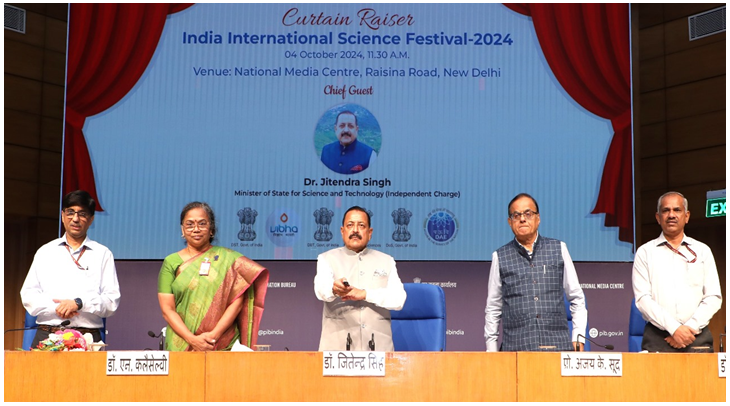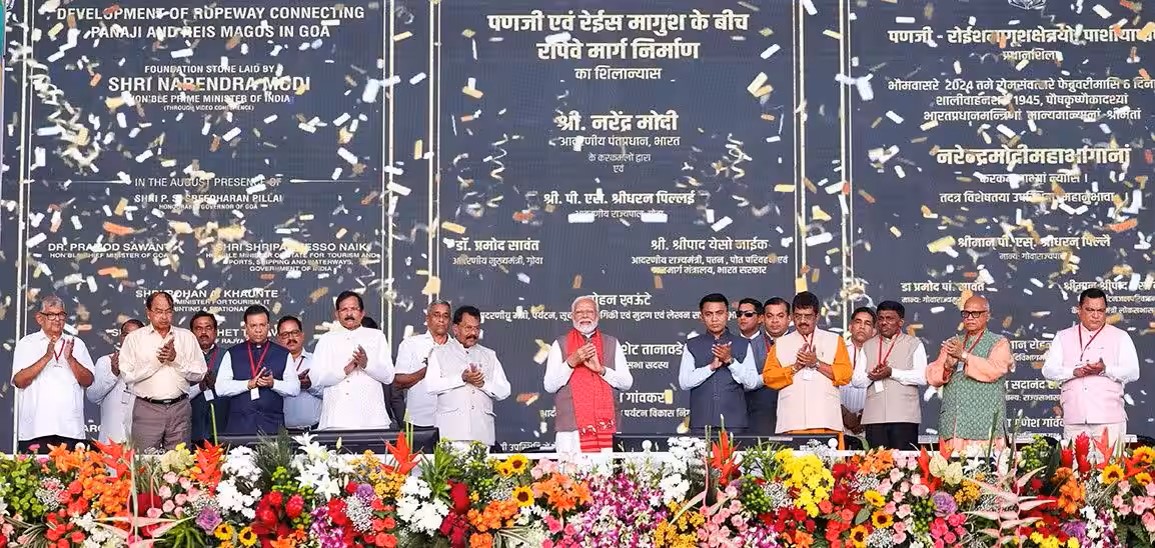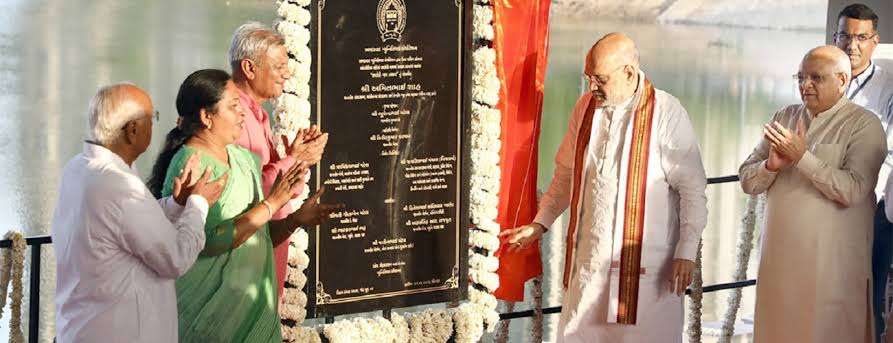In a recent briefing, Union Minister Dr. Jitendra Singh highlighted the Modi government’s ambitious science and technology initiatives, branding them as a “science push” for building a “Viksit Bharat” (Developed India) under its third term. The first 100 days of this term have seen landmark projects launched, underscoring India’s commitment to becoming a global leader in innovation.
 Dr. Singh outlined several key initiatives, starting with a ₹1,000 crore venture capital fund aimed at supporting space startups. This fund, approved by the cabinet, reflects India’s rapid transformation in the space sector, with over 300 new space tech startups emerging in recent years due to policy changes encouraging private participation. Dr. Singh cited achievements like the Chandrayaan-3 mission and the upcoming Gaganyaan human spaceflight program as key milestones that reinforce India’s growing influence in space exploration.
Dr. Singh outlined several key initiatives, starting with a ₹1,000 crore venture capital fund aimed at supporting space startups. This fund, approved by the cabinet, reflects India’s rapid transformation in the space sector, with over 300 new space tech startups emerging in recent years due to policy changes encouraging private participation. Dr. Singh cited achievements like the Chandrayaan-3 mission and the upcoming Gaganyaan human spaceflight program as key milestones that reinforce India’s growing influence in space exploration.
The Minister also introduced the Bio E3 policy, aimed at propelling a bioeconomy focused on sustainability, resource self-sufficiency, and reduced dependency on imports. Covering biotechnology for the environment, economy, and employment, the policy envisions a shift from petroleum-based resources to biofuels, harnessing the potential of waste-to-fuel innovations and sustainable practices. Dr. Singh emphasized India’s natural bioresources, especially along the Himalayas and its extensive coastline, as uniquely positioning the nation to lead this “bio-driven” future.
Additionally, Dr. Singh announced the Mission Mausam, a program to improve the accuracy of meteorological forecasts across India and neighboring countries. Utilizing advanced space and IT technologies, the mission provides real-time, actionable weather data. New AI-driven applications will support hyper-local, hourly forecasts, empowering farmers and other key stakeholders. This initiative is part of a broader strategy to modernize India’s meteorological capabilities and help citizens adapt to weather events.
Dr. Singh also highlighted the importance of international partnerships, noting collaborations like the India-Germany science partnership, which brings together Indian researchers and German institutions, particularly in biotechnology and renewable energy. Such partnerships, he asserted, are instrumental in realizing India’s scientific aspirations.
Closing his address, Dr. Singh affirmed the government’s dedication to leveraging science and technology for India’s economic resilience and public well-being. By prioritizing self-reliance and global leadership, India is setting the stage for a future where science addresses the nation’s challenges, powers economic growth, and enhances quality of life for its citizens.




